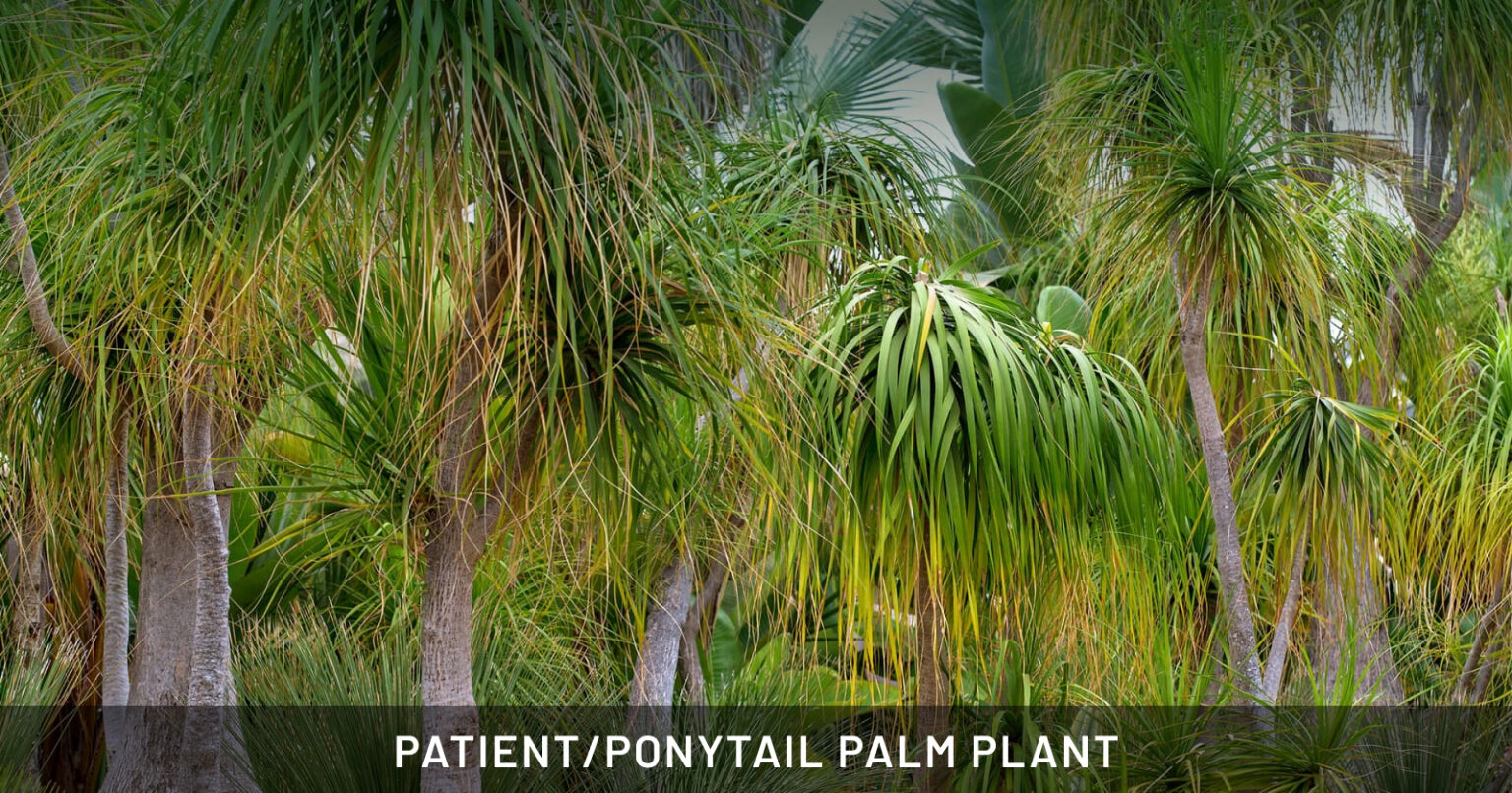The Ponytail Palm Plant, or Beaucarnea recurvata, commonly known as the Ponytail Palm, is a delightful choice for pet owners looking for a low-maintenance and non-toxic indoor plant. Despite its name, it’s not a true palm but rather a succulent, which means it stores water in its bulbous base and thrives with minimal watering. Its long, curly leaves cascade like a ponytail, adding a whimsical touch to any space.
Adaptable to various light conditions, the Ponytail Palm prefers bright, indirect light but can tolerate lower light levels, making it perfect for less sunny spots in your home. It’s highly drought-tolerant, requiring water only when the soil is completely dry. For pet owners, the most reassuring feature is its safety for both cats and dogs, ensuring a worry-free environment for your furry friends as they explore their indoor jungle.
| Characteristic | Detail |
|---|---|
| Common Name | Ponytail Palm, Elephant’s Foot |
| Scientific Name | Beaucarnea recurvata |
| Family | Asparagaceae |
| Origin | Eastern Mexico |
| Type | Succulent, Indoor plant |
| Height | Typically 3-8 feet in indoor settings, can grow taller outdoors |
| Width | 2-3 feet |
| Leaf Color | Bright green, ribbon-like leaves |
| Trunk Characteristics | Bulbous, water-storing base |
| Soil Preference | Well-drained, sandy |
| Sun Exposure | Bright, indirect light preferred; can tolerate low light |
| Hardiness Zones | Typically grown indoors; outdoors in USDA zones 10-11 |
| Drought Tolerance | High |
| Watering Needs | Low; water when soil is dry |
| Maintenance Level | Very low |
| Toxicity | Non-toxic to cats and dogs |
